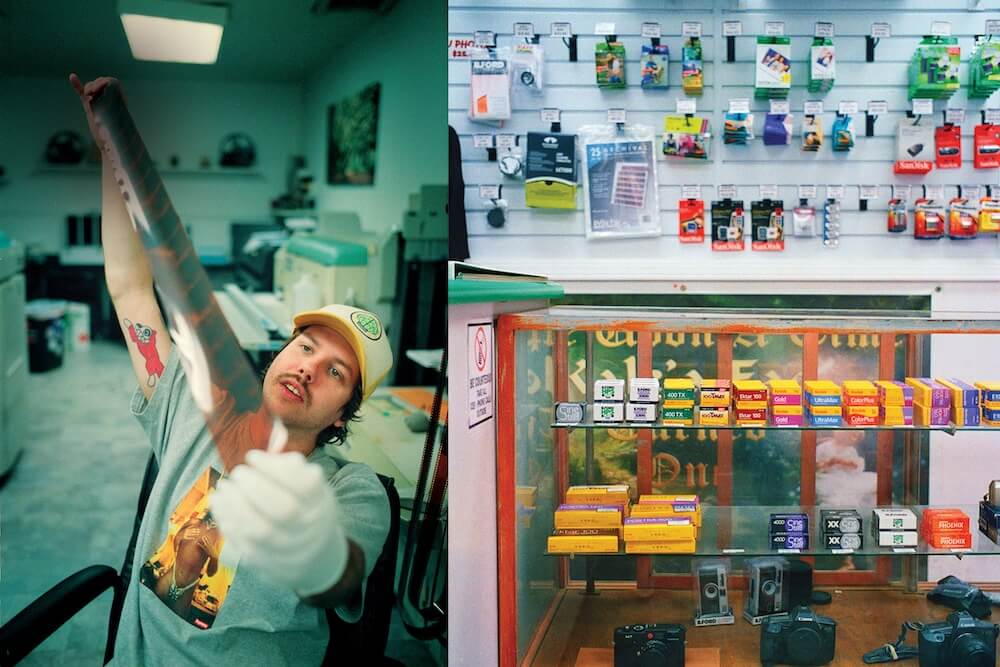Ways to Manage Your Millennials

6.
Acknowledge that Millennials are looking for more than just a paycheck.
It’s not just about making money to pay the bills anymore. “We look for a little bit more purpose in what we do every day. We want to know that what we’re doing has an impact on somebody else or it’s making an impact on the company,” says Sarah Tran Leony, a Millennial and electrical engineer at Oceanit.
Jeff Shonka, president and CEO of First Insurance Co. of Hawaii, says this is a refreshing characteristic because it wasn’t always a focus of the Baby Boomer generation. When he began his career in the insurance industry in the mid-1980s, the overall role that his first company played in the community wasn’t open to discussion like it now is to Millennials.
About a third of First Insurance’s staff are Millennials, and he says the company constantly communicates its values to all of its workers. “I’m not shy about talking about what this company is about beyond profit. As a matter of fact one of our core principles is to look beyond profit. … This look beyond profit is part corporate-social responsibility, how your company is facilitating the success of your community but also within this business how does that activity facilitate the success of the community.”
Oyer, who works for the Salvation Army, says that if she were working for a for-profit organization, she would want to see public service values exemplified in her manager. “Like they’re making a difference and it’s not just another job for them. … If I didn’t see that in my manager then I would be, I think, frustrated,” she says.
7.
Millennials are not your children, so don’t treat them that way.
Like other generations, Millennial workers want to be treated fairly, equitably and professionally, Kawamura says. Just because Millennials tend to be the youngest people in the office, managers don’t have the right to treat them like their children.
“This is a mistake because Millennials already feel like they have parents and you ain’t them,” Crozier Garcia says.
Shonka says people will behave as they are treated. “I wouldn’t patronize them and I wouldn’t treat them as if they need special assistance because they don’t. In my experience most of the young folks I run across are highly intelligent, often have multiple degrees or multiple majors,” he says.
Balderston says she’s had managers who would treat her like a child, though she says it’s difficult for her to differentiate whether it was because of her age or, if she has a male manager, her gender. “I think they do treat us like we’re younger; I’m 32, I’ve been doing what I do for over 10 years and sometimes they still treat me like a kid,” she says, recalling a past experience at a different job.
She adds that Millennials, like other age groups, need to feel heard at work. For example, if a Millennial were to suggest a solution to a problem during a meeting, managers should acknowledge, rather than ignore, the Millennial’s comment.

8.
Look at the individual, not the group of Millennials.
“Put aside all the stereotypes and look at the person that’s sitting across from you, and who is that person. If you intend to manage by stereotype, you will only be disappointed, mostly because you will alienate that person,” Crozier Garcia says. “… When the label comes out, we use the label as a way to justify not getting to know that person individually. And that is the biggest mistake I think you can make with the Millennials.”
Kawamura agrees: “What it does require the managers to do is really understand and listen and really know the people who work with them. We should do that anyway, whether they’re Millennials or anybody else.”
The worst thing a manager can do, she says, is not listen and then be surprised by what employees – Millennials and otherwise – say or think: “If the managers had done their homework, they would understand, ‘OK, that’s what would happen if I did this.’ ”
9.
Accept that it takes time to effectively manage any worker.
I think the challenge with managing any worker, which may end up being accentuated with Millennials, is the time it takes because all employees, particularly Millennials, want lots of feedback, and they want lots of goals to be given, and they want checkpoints. … It does require a consistent interaction and it takes time,” Shonka says.
The best managers already do that, he says, regardless of the employee’s age. “Take your time, management is a difficult job. It’s the toughest job you’ll ever get as far as I’m concerned. … It’s a constant interaction which can’t be left alone. You can’t leave them on their own to just sink or swim. You shouldn’t anyway. That’s the most challenging part.”
In addition, he advises creating a robust training environment in which workers are offered training every step of the way. Millennials, in particular, want specific training for development purposes and seek to truly understand how to do things.





